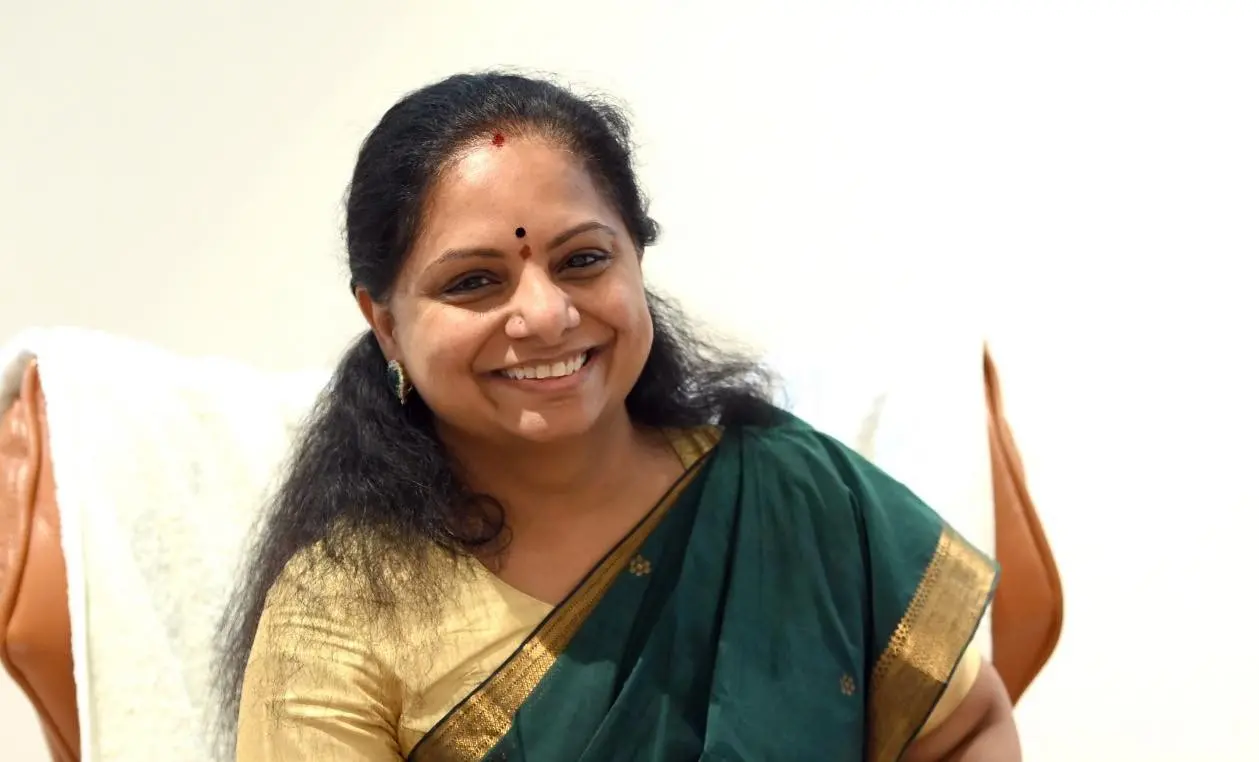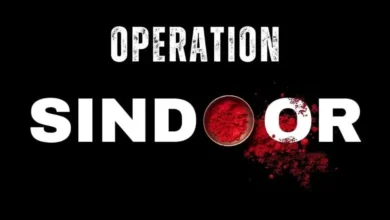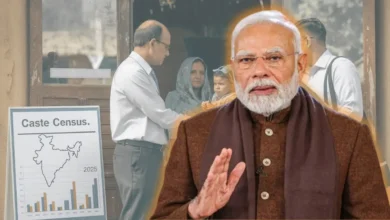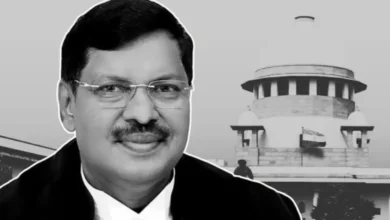Supreme Court Grants Bail to K Kavitha in Delhi Excise Policy Scam Case

Supreme Court Grants Bail to BRS Leader K Kavitha in Delhi Excise Policy Case
Desk Report, August 27, 2024: In a significant legal development, the Supreme Court of India granted bail to K Kavitha, a prominent Bharat Rashtra Samithi (BRS) leader, on Tuesday. This decision relates to the Enforcement Directorate (ED) and Central Bureau of Investigation (CBI) cases connected to the 2021-22 Delhi excise policy scam.
Kavitha, the daughter of former Telangana Chief Minister K Chandrasekhar Rao, had been detained since March 15. The Supreme Court bench, led by Justices B R Gavai and K V Viswanathan, scrutinized the evidence provided by the investigating agencies and raised concerns regarding its credibility.
Senior advocate Mukul Rohatgi, who represented Kavitha, argued that the investigations by both the ED and CBI had concluded. He also highlighted the Supreme Court’s recent decision to grant bail to Aam Aadmi Party (AAP) leader Manish Sisodia, a co-accused in the same case. Rohatgi contended that similar grounds should apply to Kavitha.
Conversely, Additional Solicitor General S V Raju, representing the probe agencies, accused Kavitha of tampering with evidence by formatting her mobile phone. However, Kavitha’s legal team dismissed these claims as unfounded.
The Supreme Court noted that Kavitha had already spent five months in custody and observed that prolonged undertrial detention should not serve as punishment. The bench further noted that the prospects of a swift conclusion to the trial seemed unlikely, reinforcing the justification for her release on bail.
The Court invoked Section 45 of the Prevention of Money Laundering Act (PMLA), which offers specific protections for women. It criticized the Delhi High Court’s earlier decision, which denied Kavitha bail based on her education and sophistication, describing it as discriminatory and legally flawed.
The apex court’s ruling overturned the High Court’s decision, granting Kavitha bail in both the ED and CBI cases. As per the bail conditions, Kavitha is required to furnish a bail bond of ₹10 lakh for each case and surrender her passport to the trial court.
During the proceedings, the bench expressed concerns about selective targeting by the ED. The Court questioned why other figures, such as Magunta and Bucchibabu, allegedly involved in the conspiracy, had not been accused, suggesting a potential bias in the agency’s approach.
This ruling marks a pivotal moment in the ongoing legal saga surrounding the Delhi excise policy scam, reflecting the Supreme Court’s stance on judicial fairness and due process.
Also read: Statewide Screening Camp Launched in Assam for Children with Heart and Blood Diseases




